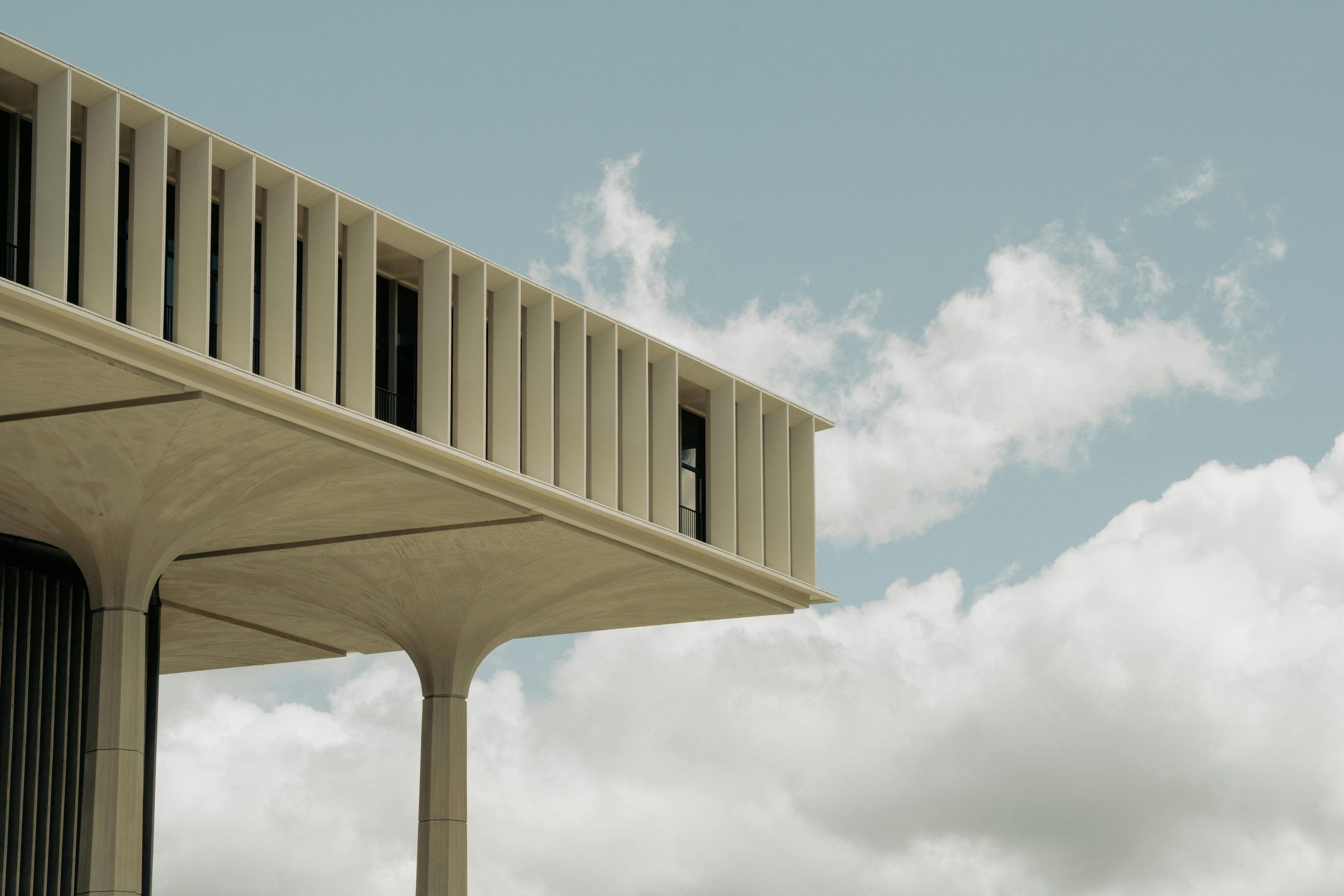Understanding Insurance Coverage for Unpermitted Renovations: A Personal Dilemma
When my wife’s parents decided to transfer the deed of their home to my wife and her brother without consulting a legal professional, we found ourselves facing unexpected challenges. Among them, a newly constructed DIY elevator in the house, lacking essential safety features and constructed without permits. Despite the outdated approach, our concern, particularly in New York, revolves around insurance coverage on this property and the ramifications of their unsanctioned project.
Navigating Insurance Complexities
The elevator not only malfunctioned partially but also serves an area not officially approved as a living space, raising significant safety and compliance concerns. As new co-owners, we need to understand potential liabilities and insurance coverage intricacies for this situation.
Concerns with Home Insurance
Firstly, we worry that the existing home insurance policy might not extend coverage for any incidents resulting from this makeshift elevator. Our priority is to confirm this assumption. Are there straightforward methods to dig into the details of our home policy and verify what it does or does not encompass?
Considering Umbrella Insurance
Secondly, we are contemplating purchasing an umbrella insurance policy in hopes of supplementing potential gaps in coverage, especially given any exclusions presented by the homeowner’s insurance. The question remains, would these broader policies cover such unapproved modifications, or will exclusions still apply?
Navigating Through Family Resistance
Efforts to address these potentially costly and risky issues with my in-laws have been challenging, as they are reluctant to engage with these concerns. Consequently, finding a resolution or clarity through legal advice or professional insurance guidance becomes even more critical.
Final Thoughts
For families encountering similar scenarios, understanding your insurance coverage in the face of DIY home projects lacking official approvals is vital. Realizing what policies cover under these circumstances could prevent future legal and financial headaches. Thus, seeking counsel from legal experts and insurance professionals in New York is advisable to safeguard against unforeseen liabilities in a home handed down without thorough estate planning.




Navigating the complexities of home ownership and insurance can be particularly challenging when dealing with unpermitted structures like DIY elevators, especially in a state like New York where building codes and regulations are stringent. Here’s a detailed response addressing your concerns:
Homeowners Insurance Coverage: You’re right to be concerned that the homeowners insurance might not cover accidents related to the DIY elevator. Generally, insurance policies are underwritten based on the assumption that the property complies with local building codes. An unpermitted or faulty structure could potentially void parts of your policy or lead to claims being denied. The best way to get clarity here is to review the homeowners insurance policy documents for any language around exclusions for unpermitted or unsafe structures. Contact your insurer directly to inquire about the coverage specifics for any incidents involving the elevator. This conversation should remain documented for future reference, ideally by email, to have a record of what was communicated.
Umbrella Insurance Policy: Umbrella insurance is indeed designed to provide an extra layer of liability protection beyond the limits of your standard homeowners and auto insurance policies. However, these policies also have their own exclusions. Typically, an umbrella policy covers things like libel, slander, vandalism, and some liability claims that are excluded by other policies, but it might not extend to specific risks associated with unpermitted constructions. Before purchasing such a policy, consult with an insurance professional and explicitly discuss the situation regarding the elevator. Transparency about the existing circumstance is crucial because failing to disclose an unpermitted feature could result in the insurance company denying a claim related to it.
Legal and Safety Concerns: Given that the DIY elevator has already experienced a partial failure and the space it serves isn’t legally defined as a bedroom, this poses significant liability risks. You might want to consult with a local real estate attorney or a contractor experienced in code compliance. They can offer guidance on what’s needed to bring the elevator up to code or discuss alternative solutions, such as removal or securing proper permits, even if it may initially seem cost-prohibitive.
Estate Planning and Liability: The fact that the property was transferred to your wife and her brother without legal guidance adds another layer of complexity. Without proper estate planning, you might face unexpected tax implications or discover latent liabilities. Consulting an estate attorney could help uncover and resolve any hidden issues related to the ownership transfer and protect your wife’s and her brother’s interests.
Unfortunately, convincing your in-laws to see the potential